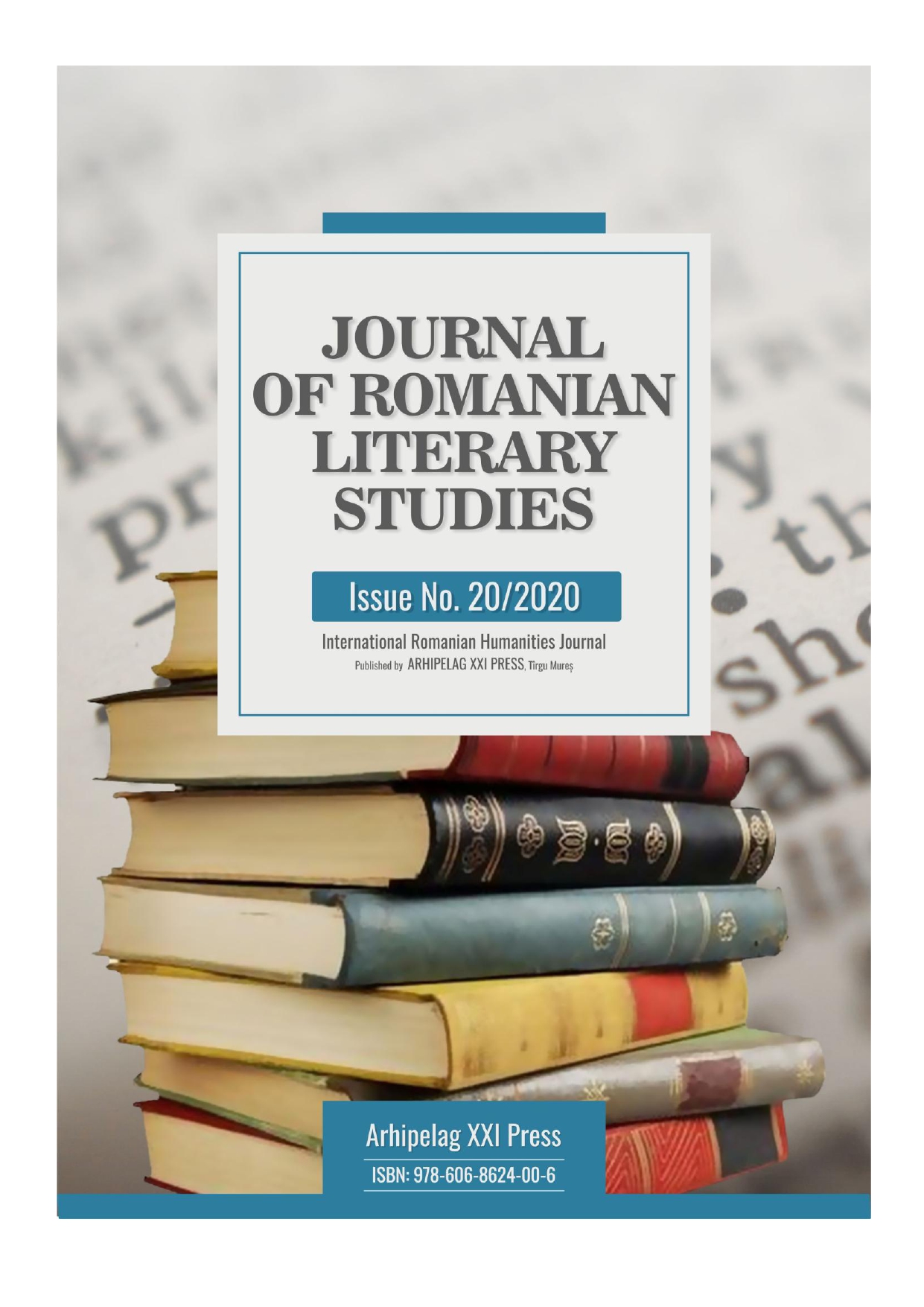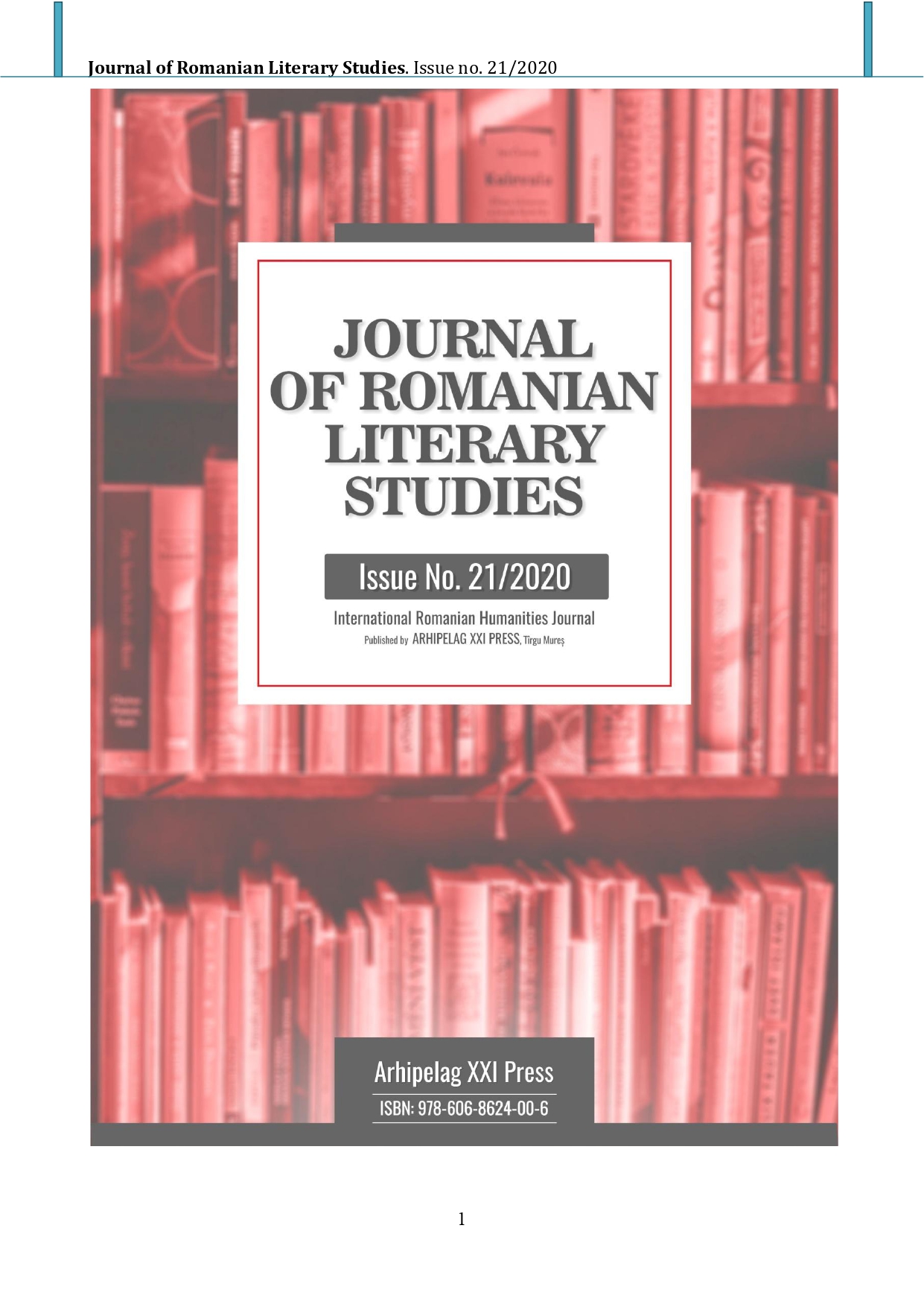
A BRIEF HISTORY OF BRITISH AND ROMANIAN CHILDREN’S LITERATURE
This article aims to briefly present the evolution of British and Romanian children’s literature. Translating a text for young readers requires a good understanding of what children’s literature is. In its turn, defining the genre requires a grasp of its historical evolution. Numerous factors, such as moral values, religious views, pedagogical practices, commerce and finances, have influenced the development of children’s literature throughout time, leading to the emergence of a stratified literary polysystem. The interplay of the aforementioned factors, the constant competition between them, has been at the heart of the transformation and progression of the genre. While resources treating British children’s literature are numerous, those dealing with the genre in Romania and with its trajectory throughout time are scarce. This lack of materials could be justified on the one hand by the late emergence of Romania as a geographical and political entity, and on the other hand by the lack of interest in children’s literature on the part of academics.
More...
